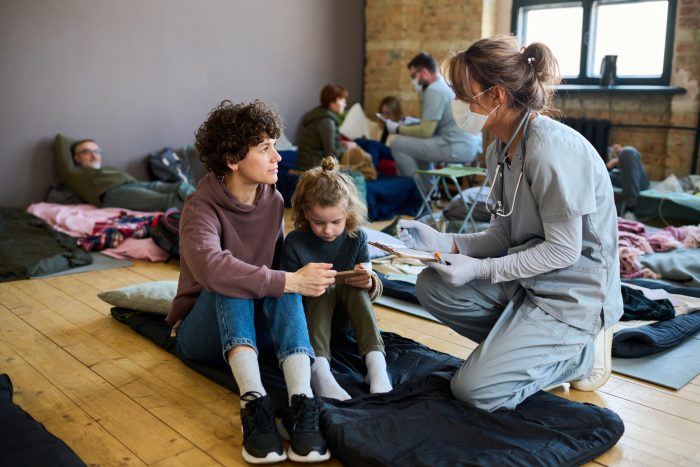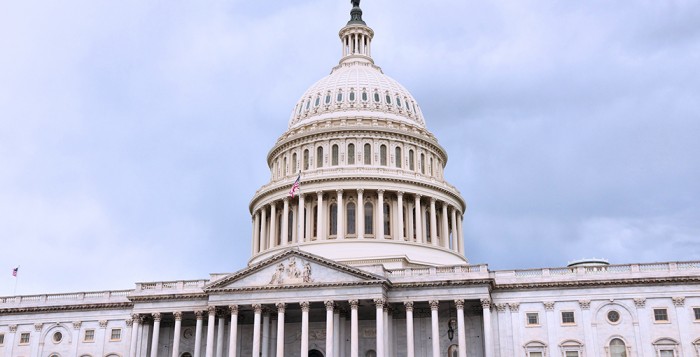The PA Department of Human Services, Office of Medical Assistance Programs (OMAP), and Office of Mental Health and Substance Abuse Services (OMHSAS) joint bulletin, entitled “Street Medicine,” was issued on September 29, 2023. This bulletin obsoletes MAB 08-23-12 “Street Medicine,” issued on July 5, 2023.
This bulletin informs medical assistance (MA) providers that DHS will cover certain services for MA beneficiaries experiencing unsheltered homelessness in their lived environment, known as street medicine. Covered services include physical and behavioral health services, such as primary care, vaccinations, wound care, counseling, and diagnostics in the lived environment. The bulletin applies to enrolled physicians, nurse midwives, nurse practitioners, physician assistants, psychologists, mobile mental health treatment providers, and outpatient practitioners in mental health. Managed care providers should contact their managed care organization(s) for billing questions.
If you have questions or concerns regarding this bulletin, visit this website, and select the appropriate toll-free number or email for your provider type. Additional questions may be directed to RCPA Policy Director Jim Sharp.

















